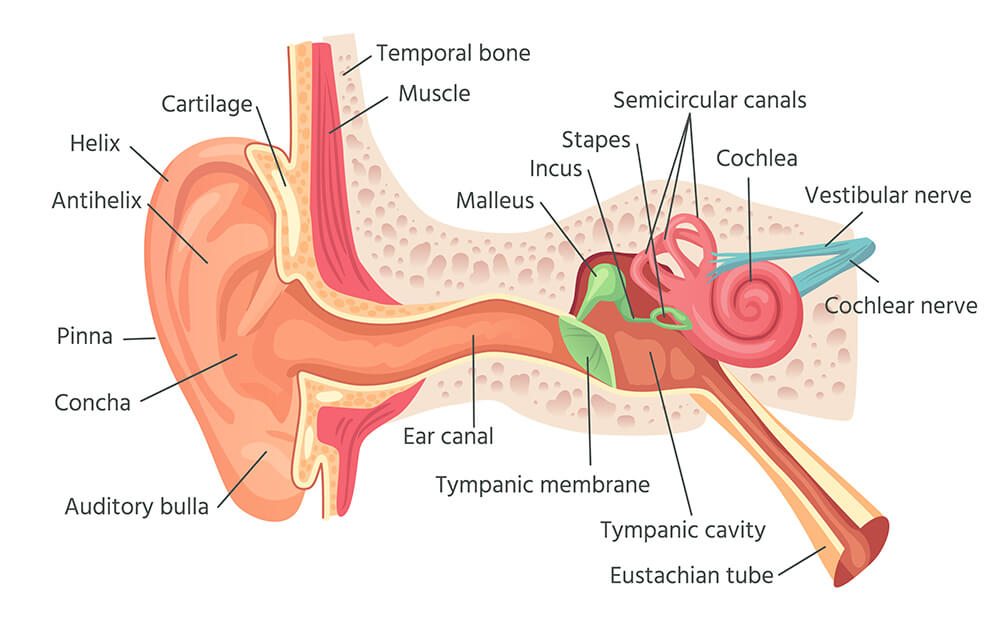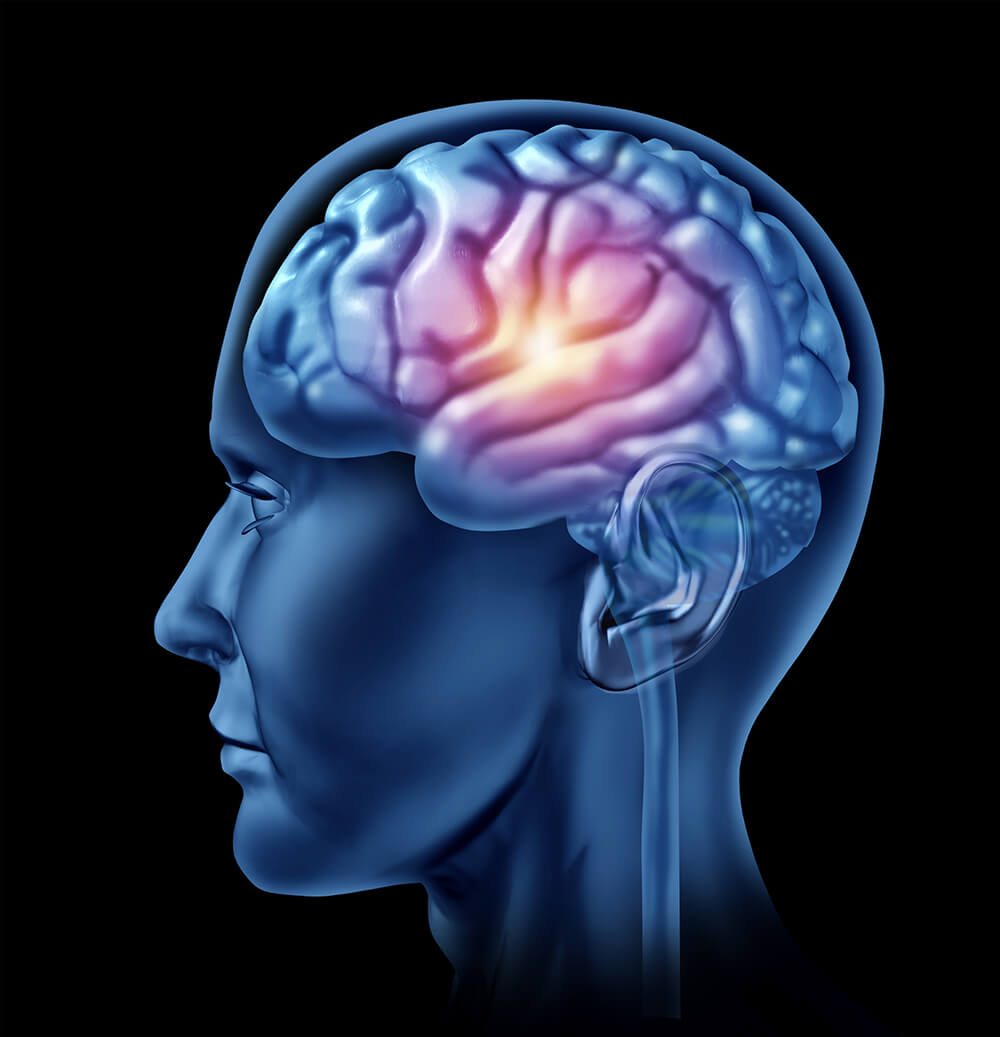Hearing Loss Overview
Did you know that 48 million Americans are diagnosed with significant hearing loss?
Hearing loss can affect people of all ages, but is most prevalent among people over 65 years old. About 1 out of 3 people over age 65 have some degree of hearing loss As people get older, the effect becomes more pronounced - 2 out of 3 people over age 75 have a hearing loss. Hearing loss is a prevalent, chronically undertreated epidemic and the number of people who experience hearing loss in this country is more than those with Parkinson’s, epilepsy, Alzheimer’s and diabetes combined. In fact, hearing loss is the third most common health condition in the US, only trailing behind arthritis and heart problems.
Types of Hearing Loss
Conductive, Sensorineural, Mixed & Central Hearing Loss
- Conductive Hearing Loss occurs when there is damage or blockage in the outer and/or middle ear. Sound is unable to be conducted adequately through the ear canal to the eardrum. It can be caused by wax buildup, perforated eardrum, or fluids in the middle ear due to a cold or flu which cause obstruction of sound waves being able to pass through to the inner ear. This type of hearing loss is usually temporary and corrected with ear cleaning, medications, or on rare occasions, surgery.
- Sensorineural Hearing Loss occurs within the inner ear. There are two common types of sensorineural hearing loss: presbycusis (age-related hearing loss) and noise-induced hearing loss (NIHL). When there is damage or malfunction to your inner ear nerve endings (hair cells), issues arise with translating the sound vibrations into neural signals that are registered by the brain to interpret sound. This type of hearing loss is permanent and can only be helped by the use of hearing aids. The hearing can be affected in the lower, mid, or higher frequencies, or any combination.
- Mixed Hearing Loss occurs when you experience both conductive and sensorineural hearing loss at the same time. The sensorineural aspect of hearing loss is permanent, while the conductive part may either be permanent or temporary.
- Central Hearing Loss occurs more rarely, but can be caused by strokes or central nervous system diseases. This type of loss usually requires auditory rehabilitation therapy and/or the use of assistive listening devices.

Causes of Hearing Loss
Hearing loss can be caused by a plethora of reasons ranging from aging process to noise-induced to a variety of medical conditions to genetics. Regardless of its cause, a hearing loss affects our ability to hear and understand speech and studies have shown that those who use hearing aids to treat hearing loss will usually have better physical health, career performance, and mental well-being than those who ignore their hearing loss.
Below is a list of causes of hearing loss:
- Aging
- Noise-induced (exposure to loud noises)
- Injury to the eardrum/inner ear
- Head injury or trauma
- Major ear infections
- Exposure to certain medications, antibiotics, or cancer drugs
- Certain medical conditions
- Inherited genetic disorder
- Cognitive hearing loss (present at or soon after birth)
- Lack of oxygen at birth
Signs of Hearing Loss
Hearing loss can happen to anyone. Here are some indicators in helping us identify signs of hearing loss.
Benefits of Treating Hearing Loss
Improve Your Hearing and Change Your Life!
Would you wait to treat a health condition like diabetes or heart issues, or even correcting your vision? You undoubtedly would answer that question with a resounding “no”! So, why wait to seek help if you are experiencing hearing difficulties? Hearing helps keep you sharp and engaged in life. If you find yourself or a loved one affected by hearing loss, the list below underscores the benefits of treating hearing loss sooner rather than later.

Better Communication
The most obvious benefit to you is better communication with the use of hearing aids. It will enable you to connect and engage with family, friends, and co-workers much easier while being less stressful and frustrating for you. You will gain confidence, feel like yourself again, and actively participate in the lifestyle that’s important and meaningful to you!
Better Cognitive Health
Research shows that hearing loss is linked to cognitive health disorders like Alzheimer’s and dementia. In fact, in a Johns Hopkins study of those with untreated hearing loss, the study showed accelerated rates of shrinkage in the areas of the brain responsible for processing sound and speech, memory and sensory integration - up to a 30-40% greater decline in thinking abilities. When it comes to hearing health and the brain, the sooner you treat it, the better.


Improved Safety and Mobility
Hearing loss has an impact on our safety, not only with falls, but also driving. Did you know that people who have even a mild hearing loss are nearly three times as likely to have a history of falling? The sooner you get treated for your hearing loss, you’ll not only be safer, but also more mobile.
Find Us
8617 West Point Douglas Road S.,Suite 150
Cottage Grove, MN 55016
Call Us
1-833-HEARITE
1-833-432-7483
Visit Us
M – TH: 10am – 5pm
Friday: 10am - 4pm
*By special appointment
